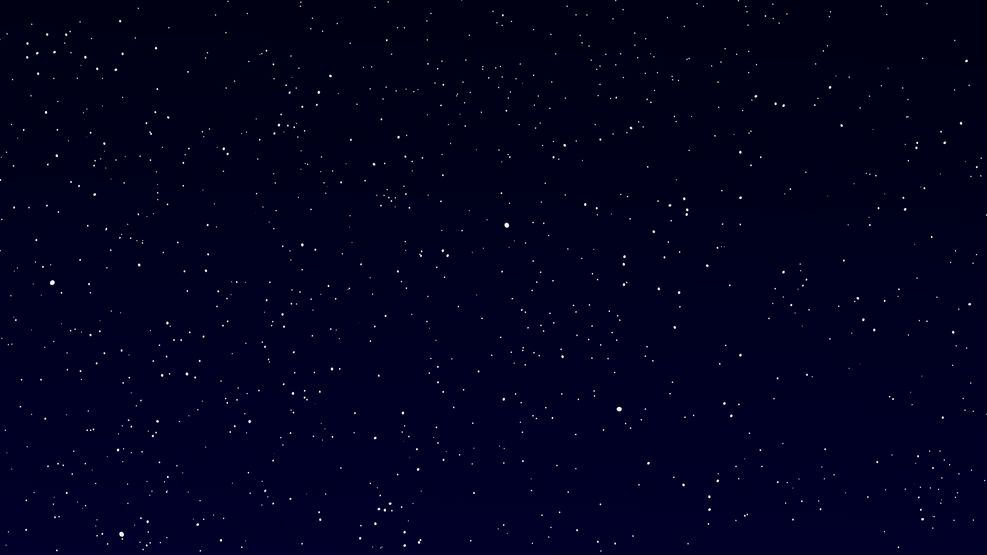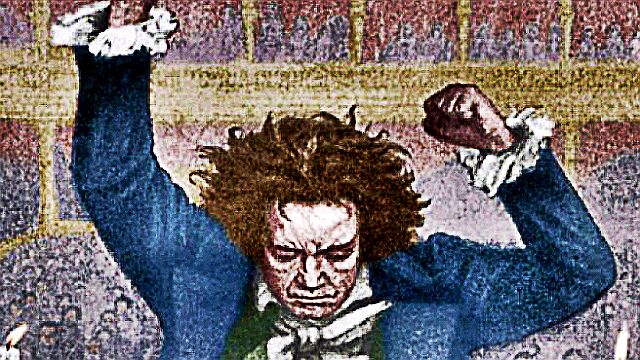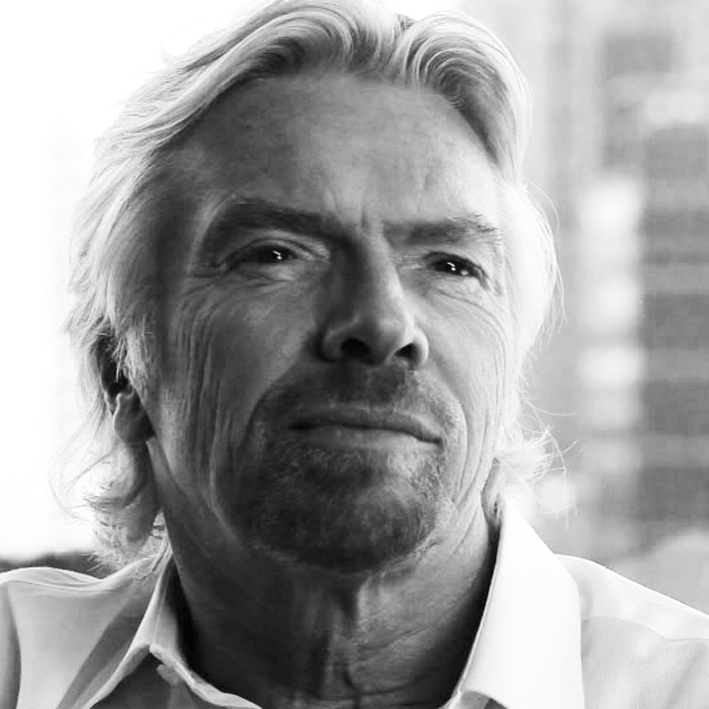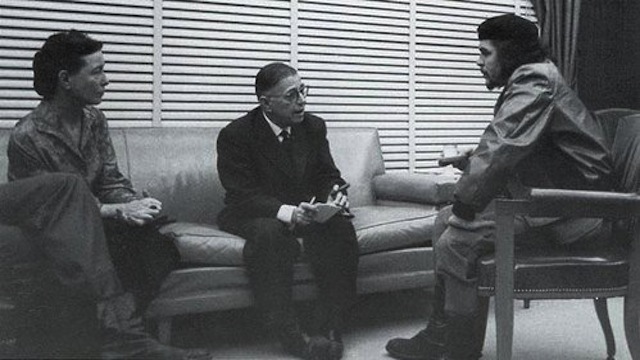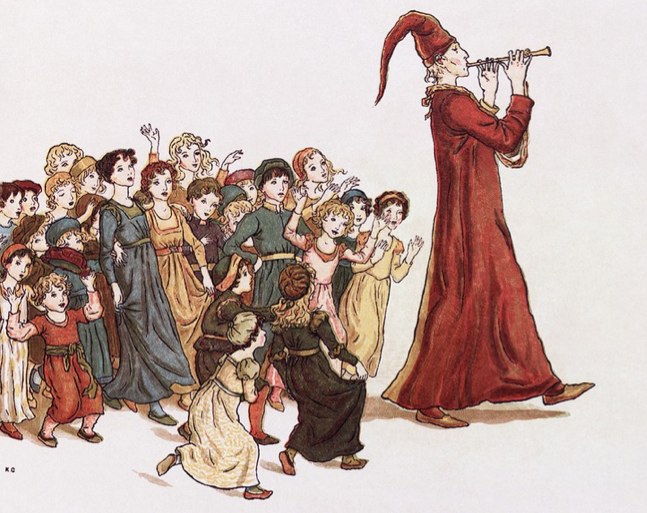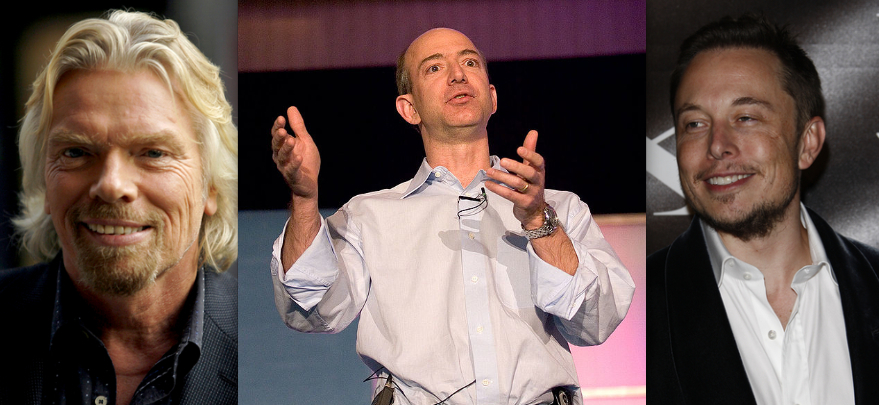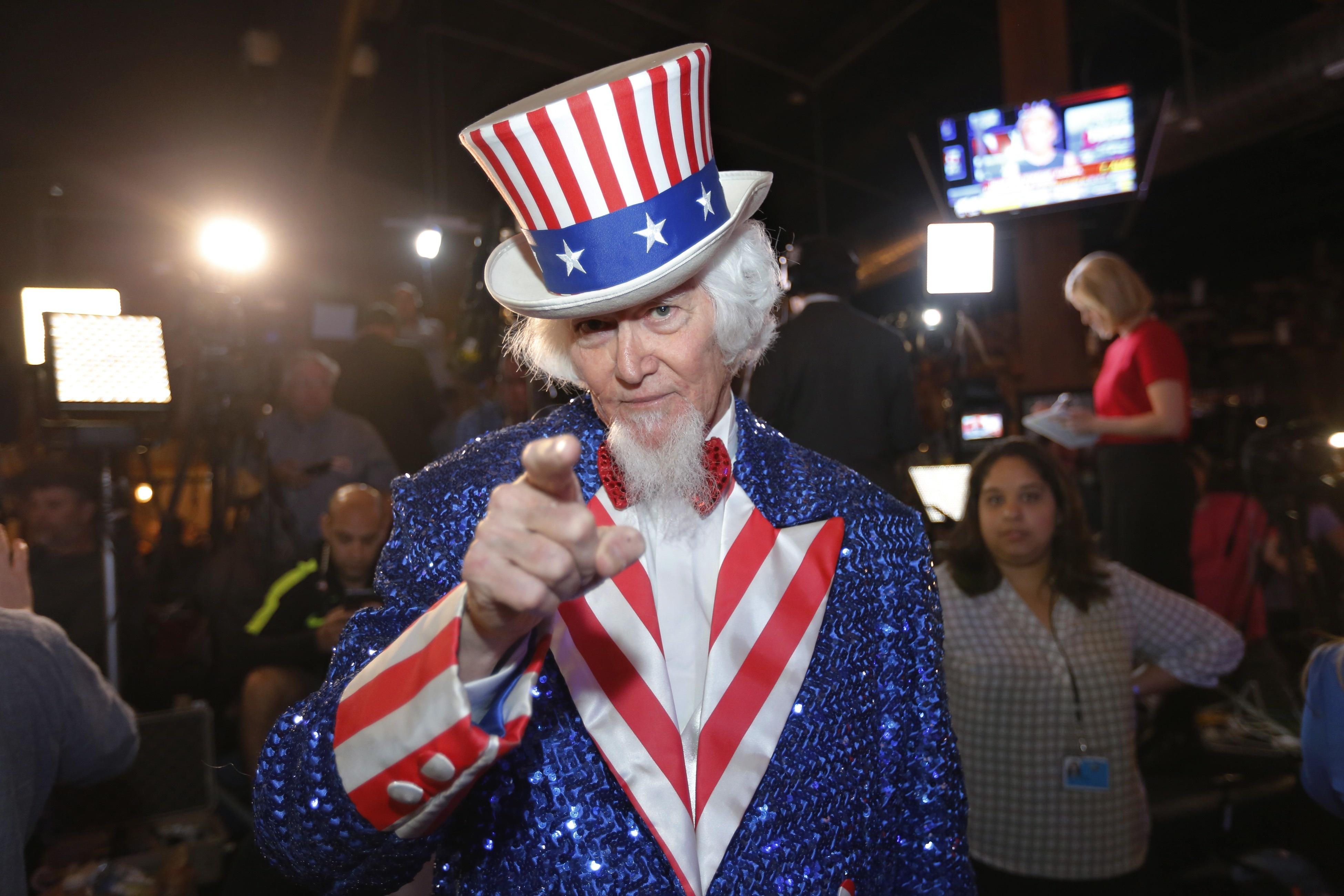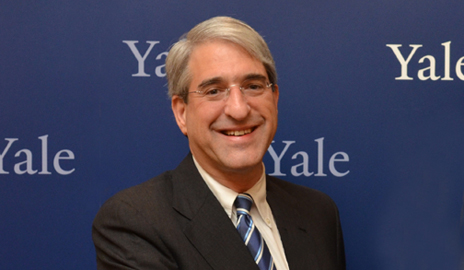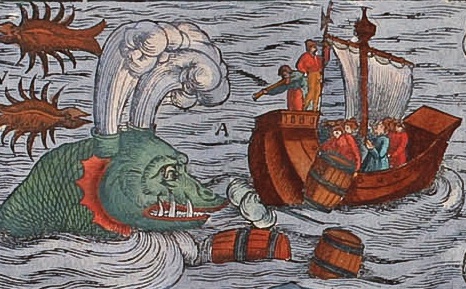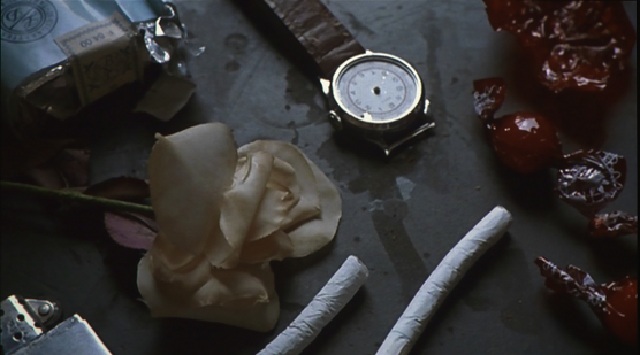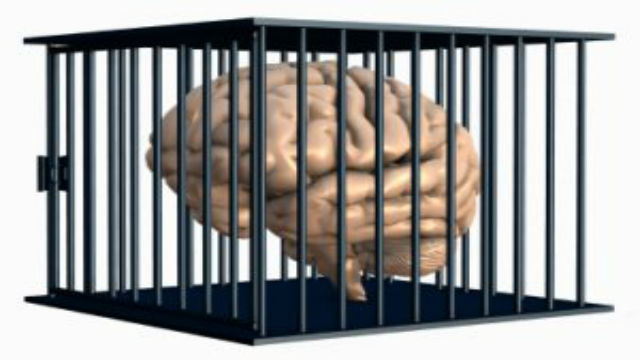Nothing is a physical concept, because it’s the absence of something. “What we’ve learned over the last hundred years,” Lawrence Krauss says, “is that nothing is much more complicated than we would’ve imagined otherwise.”
Search Results
You searched for: Richard Hoffman
If you run into violinist Joshua Bell at a cocktail party, don’t tell him you find classical music ‘relaxing.’ “Beethoven’s symphonies are not relaxing,” says Bell, who at 45 is […]
What do Sir Richard Branson, Archbishop Desmond Tutu; Paul Mitchell founder John Paul DeJoria; bestselling author/speakers Jack Canfield, Gregg Braden, Barbara Marx Hubbard; three-time Nobel nominated Dr. Scilla Elworthy; philanthropist […]
The brilliant Albert Einstein didn’t believe in this realm, and yet he won a Nobel Prize for playing in it.
There’s a moment in Keith Richards’ recent memoir when he pauses his tale of addiction and debauchery to reflect that, once a certain number of stories about his excesses had been told […]
This brings me to an ancient Greek, the master himself, Socrates of Athens. In a segment of Gorgias that foresees decades of modern psychological research, the erudite interlocutor observes that […]
One of the biggest misconceptions about post-rational behavioral research is that its effects on society are small. From the news you get the impression “behavioral economics” is all about changing […]
Who will you put your money on — Richard Brandson, Jeff Bezos or Elon Musk?
“Ain’t got no rest in my slumbers/ Ain’t got no feelings to bruise/ Ain’t got no telephone numbers/ I ain’t got nothing but the blues,” goes Jazz composer Duke Ellington’s […]
Richard Tafel says that failed social movements are the ones that ignore the conservative mindset that is based on results, whereas the liberal mindset is based on rights.
A new business venture aims to simplify what it calls a bloated and confusing pharmaceutical industry by selling low-dose over-the-counter medicine packets for problems like headaches and insomnia.
I encourage Waq al-waq’s readers to tune in to Rock Center with Brian Williams this evening at 10 pm EST for a segment on Ibrahim Asiri – who I wrote […]
Waiting in line to pay admission late last month at the Metropolitan Museum of Art in New York City in a sea of heavy-winter-coated humanity, I asked myself why this […]
American hospitals are increasingly offering competitive pricing on treatments not covered by insurance. They can often beat foreign hospitals on price and quality of care.
Big Think would like to congratulate Peter Salovey, who was named the 23rd President of Yale University last week. Since Salovey succeeds Richard C. Levin, whose tenure at Yale lasted […]
One of cartography’s most persistent myths: mapmakers of yore, frustrated by the world beyond their ken, marked the blank spaces on their maps with the legend Here be monsters. It’s […]
How can the government change the framework of choices that particular people are faced with so that their own small errors in risk perception don’t expose the whole of society?
So, here’s the question for today: How should we respond when people we admire make serious missteps? Just so there’s no confusion, I want to say right up front that […]
This week, we witnessed another step in the Republican party’s long drawn-out national suicide: “I’ve struggled with it myself for a long time, but I came to realize that life […]
Once upon a time, my marriage was falling apart. So my now ex-husband and I did what many couples do. We sought out the services of a therapist specializing in […]
NewSpace SmallCaps often face challenges: tight budgets, game-changing competition, lengthy development schedules and cash flow crunches. To reduce some of this pain, NewSpace companies have found significant advantages in tapping […]
To know where you’re heading, it helps to know where you’ve come from. And with the last grains of sand slipping through the hourglass, now is the perfect time to […]
The art equivalent of the old “if a tree falls in the forest…” question is, if nobody (or nearly nobody) can see a masterpiece, is it still a masterpiece? How […]
Weiwei-isms distills Ai Weiwei’s thinking on the topics of individual rights and freedom of expression.
Tony Tjan says that luck has a lot to do with optimism. For instance, how long can you maintain a positive opinion about a new idea after someone is introduced it to you? If you entertain the notion that this idea may work for an entire day, Tjan says you are close to a “Zen Buddha state.”
Nathan Harden writes with his characteristic techno-confidence that most higher education will be online soon enough. That means that most non-elite private colleges and many mediocre public institutions will soon […]
If you live in an American city, chances are this past summer and fall you have experienced the health effects of climate change. As Richard Harris reported at NPR News in September, […]
“A poem should not mean/ but be,” Archibald MacLeish declared in his poem “Ars Poetica.” We too-often look to the arts to explain life itself as if they function as […]
Smug confidence in human reason, and the belief that once fully educated and informed people will then make the objectively ‘right’ decision about risk, only widens the gap and increases the danger.
If you devote the patience necessary to finish this short post, you will end up a better decision maker. But then, as you will discover in the paragraphs below, […]
